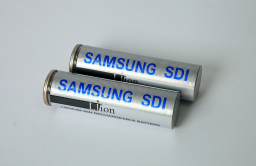-
KOSPI 2812.05 +41.21 +1.49%
-
KOSDAQ 756.23 +6.02 +0.80%
-
KOSPI200 376.54 +6.64 +1.80%
-
USD/KRW 1373 3.00 -0.22%
Tesla sweeps local EV subsidies as Korean firms at disadvantage in US
Electric vehicles
Tesla sweeps local EV subsidies as Korean firms at disadvantage in US
The Korean government is urging the US to work out measures to eliminate disparities in the tax credits
By
Aug 22, 2022 (Gmt+09:00)
3
Min read
News+
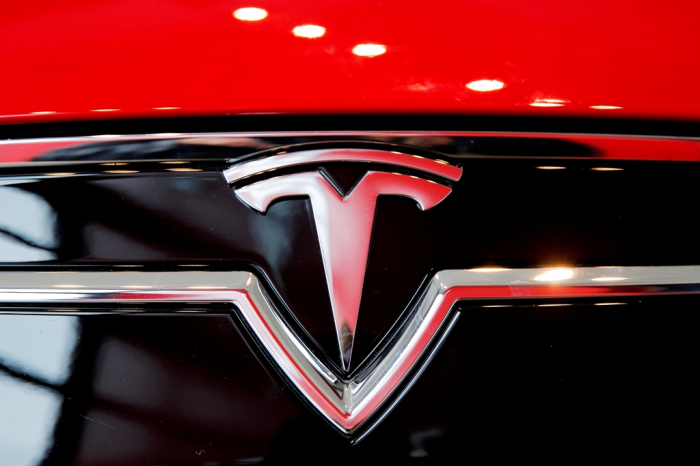
Tesla Inc. and other US electric vehicle makers are enjoying strong sales in South Korea thanks to government subsidies while the revised US EV tax credit bill puts Korean carmakers at a disadvantage in the US market.
According to the Korea Automobile Manufacturers Association (KAMA), the Korean government provided a total of 82.3 billion won ($62 million) in subsidies to imported EVs in the first half.
Of these, more than half, or 44.8 billion won, went to US vehicles, including Tesla’s Model 3 and Model Y and General Motors Co.’s Chevrolet Bolt EUV.
Tesla was the top beneficiary, receiving 44.2 billion won in EV subsidies for its 6,746 vehicles sold in Korea.
Industry watchers said if the current trend continues, Tesla, the world’s largest EV maker, will receive as much as 100 billion won by year-end.
The Korean government is providing subsidies for electric vehicles worth less than 55 million won a unit.
In Seoul, buyers of Tesla’s Model 3 and Model Y receive 4.05 million won in subsidies for each vehicle.
Tesla cars were among the most popular EVs in Korea, ranking fifth on the list of entire imported vehicles, including gasoline and diesel models.
In 2021, Tesla’s sales in Korea reached 1.08 trillion won.
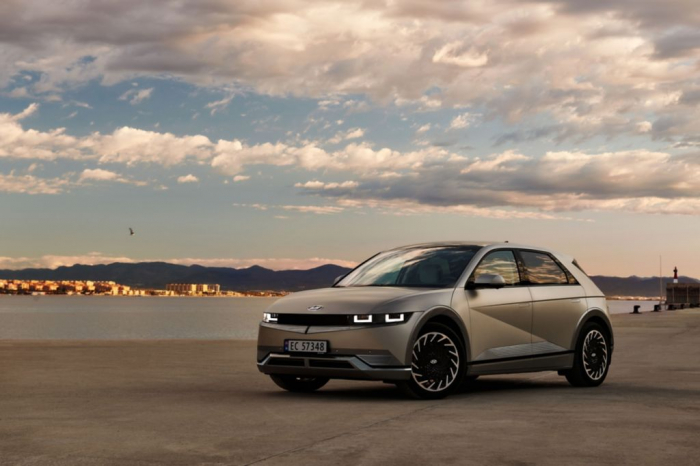
KOREAN EVs TO SUFFER FROM US POLICY
Korea’s hefty subsidies to imported EVs are in sharp contrast to the situation in the US where government subsidies are set to be applied only to locally produced cars.
Under the US government’s Inflation Reduction Act (IRA) revised last week, only EVs produced in the US are eligible for $7,500 in tax incentives, putting foreign carmakers without US production facilities at a disadvantage.
Hyundai Motor Co.'s IONIQ 5 and Kia Corp.'s EV6, sold in the US market, are all manufactured at their plants in Korea and exported for US consumers, making the Korean-made vehicles ineligible for the incentive program.
China is also limiting its subsidies for imported EVs, another blow to Korean vehicles made at home.
The Korean government provided 15.2 billion won to Chinese electric cars sold in Korea in the first half. Of the total, commercial vehicles such as buses accounted for half.
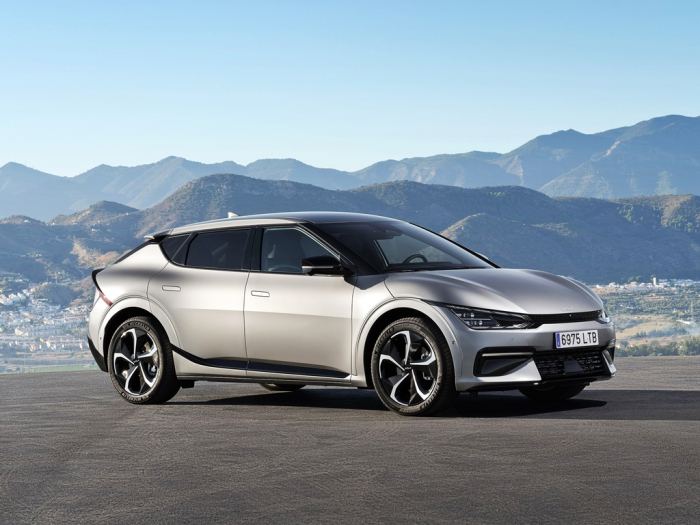
KOREAN GOVT URGED TO TAKE ACTION
As part of its efforts to ease the disparities in subsidies, the Korean government said last month that it has conveyed its concerns to the US, saying the legislation could breach both the free trade agreement (FTA) between the two countries and the WTO rules of lowering trade barriers.
Korea has also asked the US trade administration to ease the eligibility for the tax credits.
Korean carmakers are expanding production facilities in the US to gird themselves for the toughening US policy moves against foreign-made cars.
In May, the Hyundai Motor Group, parent of Hyundai Motor and Kia, unveiled a $10.5 billion plan to invest in the US. The investment package includes building its first dedicated full EV plant and battery manufacturing facilities in the US state of Georgia by 2025.
Industry watchers said the Korean government needs to take bolder action to address the discrepancies.
“While requesting the US and Chinese governments to ease their subsidy rules for foreign carmakers, the Korean government needs to apply the same rules as the US regulations to foreign cars imported to Korea, even temporarily," said Jung Man-ki, the KAMA chairman.
Write to Il-Gue Kim at black0419@hankyung.com
In-Soo Nam edited this article.
More To Read
-
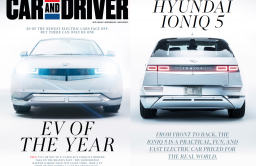 Electric vehiclesHyundai IONIQ 5: Car and Driver’s EV of the Year
Electric vehiclesHyundai IONIQ 5: Car and Driver’s EV of the YearAug 19, 2022 (Gmt+09:00)
-
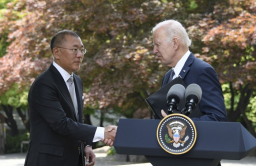 Electric vehiclesSeoul says US tax credit bill risks violation of FTA, WTO
Electric vehiclesSeoul says US tax credit bill risks violation of FTA, WTOAug 12, 2022 (Gmt+09:00)
-
Jul 14, 2022 (Gmt+09:00)
-
Jun 16, 2022 (Gmt+09:00)
-
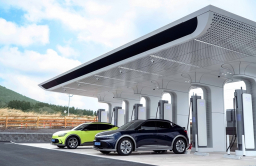 Electric vehiclesHyundai Motor unveils new EV charging platform to take on Tesla
Electric vehiclesHyundai Motor unveils new EV charging platform to take on TeslaApr 11, 2022 (Gmt+09:00)
-
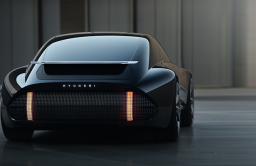 Electric vehiclesHyundai to debut IONIQ 6 in July to rival Tesla Model 3
Electric vehiclesHyundai to debut IONIQ 6 in July to rival Tesla Model 3Feb 07, 2022 (Gmt+09:00)



